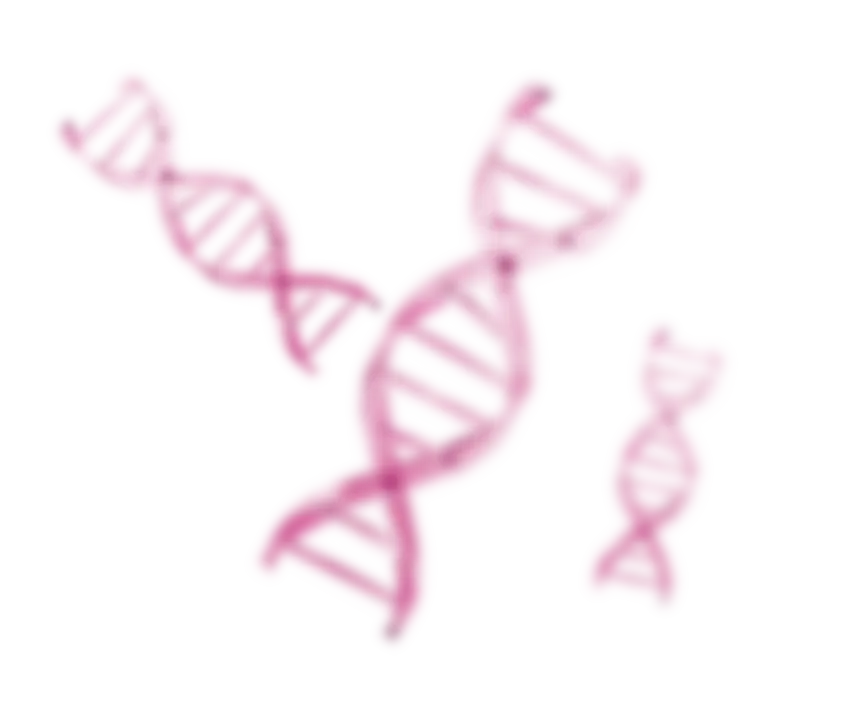Agenda
17:35 (GMT)
Gail J. Roboz
Implications for clinical practice: Managing AML with FLT3-ITD and -TKD mutations

Learning objectives
After attending this webinar, participants will be able to:
- Describe the role of FLT3-ITD and -TKD mutations in AML pathogenesis and distinguish between their molecular and clinical characteristics.
- State the impact of FLT3-ITD vs -TKD mutations on diagnosis, prognosis, and personalized treatment selection for patients with AML.
- Recall key clinical trial data for FLT3 inhibitors in FLT3-ITD- and -TKD-mutated AML and explain their clinical implications.
- Describe considerations for personalizing treatment strategies for patients with FLT3-ITD- and -TKD-mutated AML, including managing relapse and resistance to FLT3 inhibitors.
The AML Hub uses cookies on this website. They help us give you the best online experience. By continuing to use our website without changing your cookie settings, you agree to our use of cookies in accordance with our updated Cookie Policy